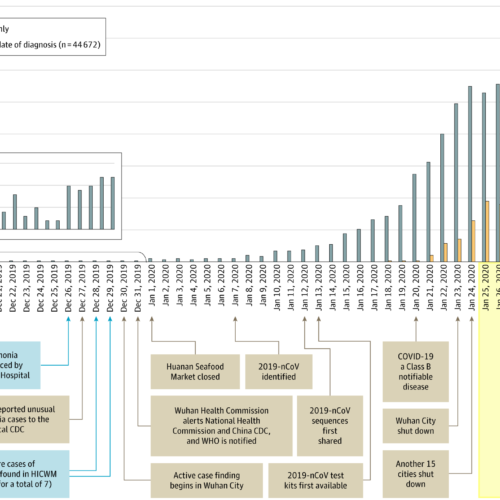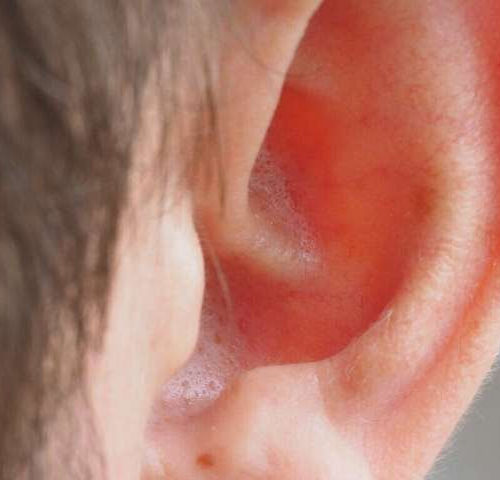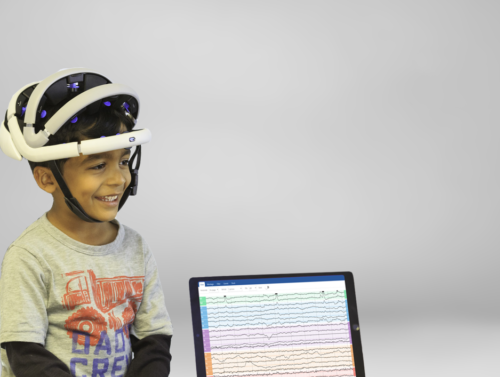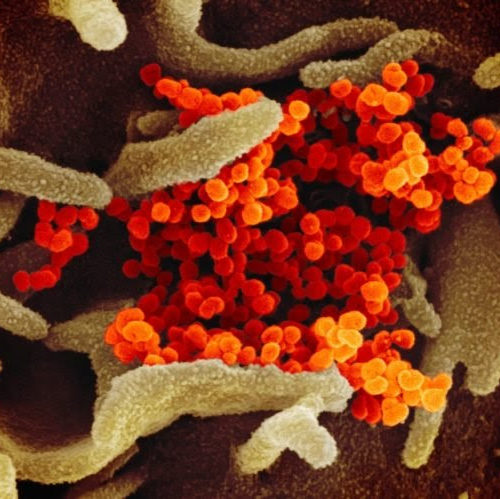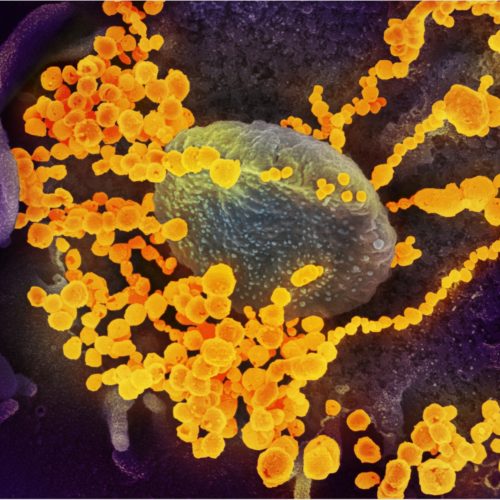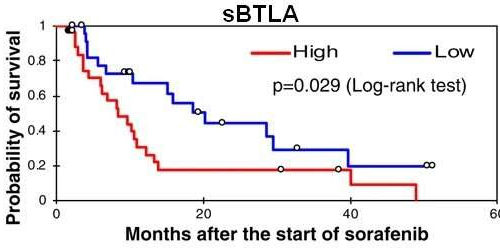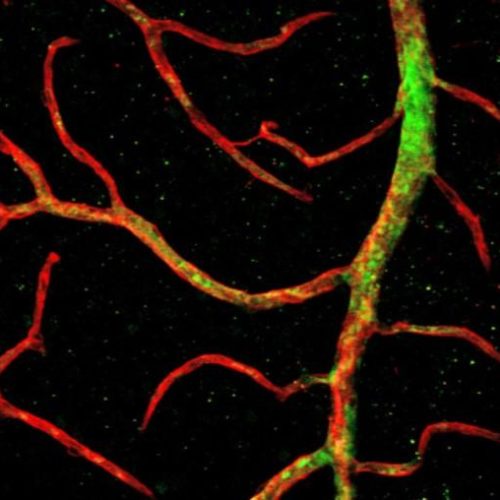Summary of a Report of 72 314 Cases From the Chinese Center for Disease Control and Prevention Zunyou Wu, MD, PhD1; Jennifer M. McGoogan, PhD1 Author Affiliations Article Information JAMA. Published online February 24, 2020. doi:10.1001/jama.2020.2648 The Chinese Center for Disease Control and Prevention recently published the largest case series to date of coronavirus disease 2019...
Romosozumab added to guideline for management of osteoporosis
(HealthDay)—In an Endocrine Society guideline update, published online in the March issue of the Journal of Clinical Endocrinology & Metabolism, recommendations are presented for the use of romosozumab in the pharmacological management of osteoporosis in postmenopausal women. Dolores Shoback, M.D., from the San Francisco Veterans Affairs Medical Center, and colleagues updated guidelines for the pharmacologic...
Sound can directly affect balance and lead to risk of falling
What people hear and do not hear can have a direct effect on their balance, according to new research from the New York Eye and Ear Infirmary of Mount Sinai (NYEE). The research, published in the March 12 issue of JAMA Otolaryngology-Head & Neck Surgery, provides a better understanding of the relationship between hearing loss...
What to know about CBD isolate
CBD isolate is a form of CBD, or cannabidiol, which is a chemical compound present in the cannabis plant. Unlike full-spectrum CBD products, CBD isolate does not contain any THC — the psychoactive component of cannabis. CBD isolate is a good option for those who would like to try CBD, but who cannot or do...
zEEG, An Easy-to-Wear EEG Headset
CICI ZHOU NEUROLOGY, PEDIATRICS The electroencephalogram (EEG) is used to detect electrical activity in the brain in order to evaluate a variety of neurological conditions. However, EEGs are difficult to perform due to an involved setup process that requires technicians to place individual electrodes onto a patient’s head. Zeto, a Santa Clara, California company, hopes...
Stanford Medicine COVID-19 test now in use
The Stanford Health Care Clinical Virology Laboratory has launched a diagnostic test developed for the virus that causes COVID-19. The test is being used for patients at Stanford Health Care and Stanford Children’s Health suspected of being infected with the respiratory virus SARS-CoV-2, which is spreading globally after being first identified in Wuhan, a city...
What does COVID-19 do to the body?
By Dr. Liji Thomas, MD The novel coronavirus SARS-CoV-2, also known as 2019-nCoV, is the virus that causes COVID-19, and that is spreading throughout the world is causing panic in almost all countries. With a death rate ranging from 1% to 2% in young patients but about 5%-8% in elderly and sick patients, it is...
Study: sBTLA proteins potential marker of overall survival of liver cancer patients
by Osaka City University Researchers at the Department of Hepatology of Osaka City University Graduate School of Medicine introduced sorafenib to patients with advanced stages of the liver cancer hepatocellular carcinoma (HCC) and measured the amount of 16 circulating soluble immune checkpoint proteins. Their data suggest that a high amount of sBTLA proteins may be...
Experts discover toolkit to repair DNA breaks linked to aging, cancer and MND
by University of Sheffield A new ‘toolkit’ to repair damaged DNA that can lead to ageing, cancer and Motor Neurone Disease (MND) has been discovered by scientists at the Universities of Sheffield and Oxford. Published in Nature Communications, the research shows that a protein called TEX264, together with other enzymes, is able to recognise and...
‘Primitive’ stem cells shown to regenerate blood vessels in the eye
JOHNS HOPKINS MEDICINE Johns Hopkins Medicine scientists say they have successfully turned back the biological hands of time, coaxing adult human cells in the laboratory to revert to a primitive state, and unlocking their potential to replace and repair damage to blood vessels in the retina caused by diabetes. The findings from this experimental study,...

